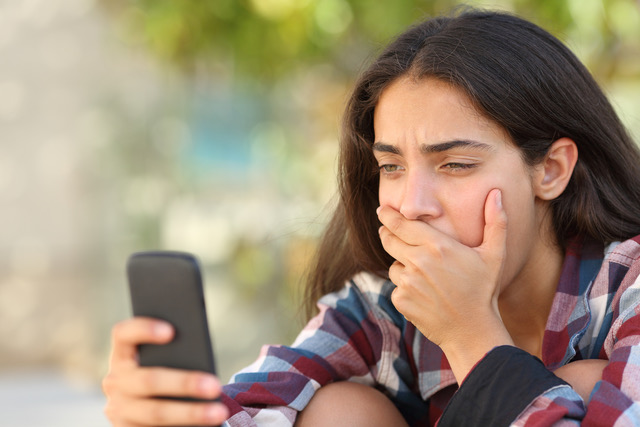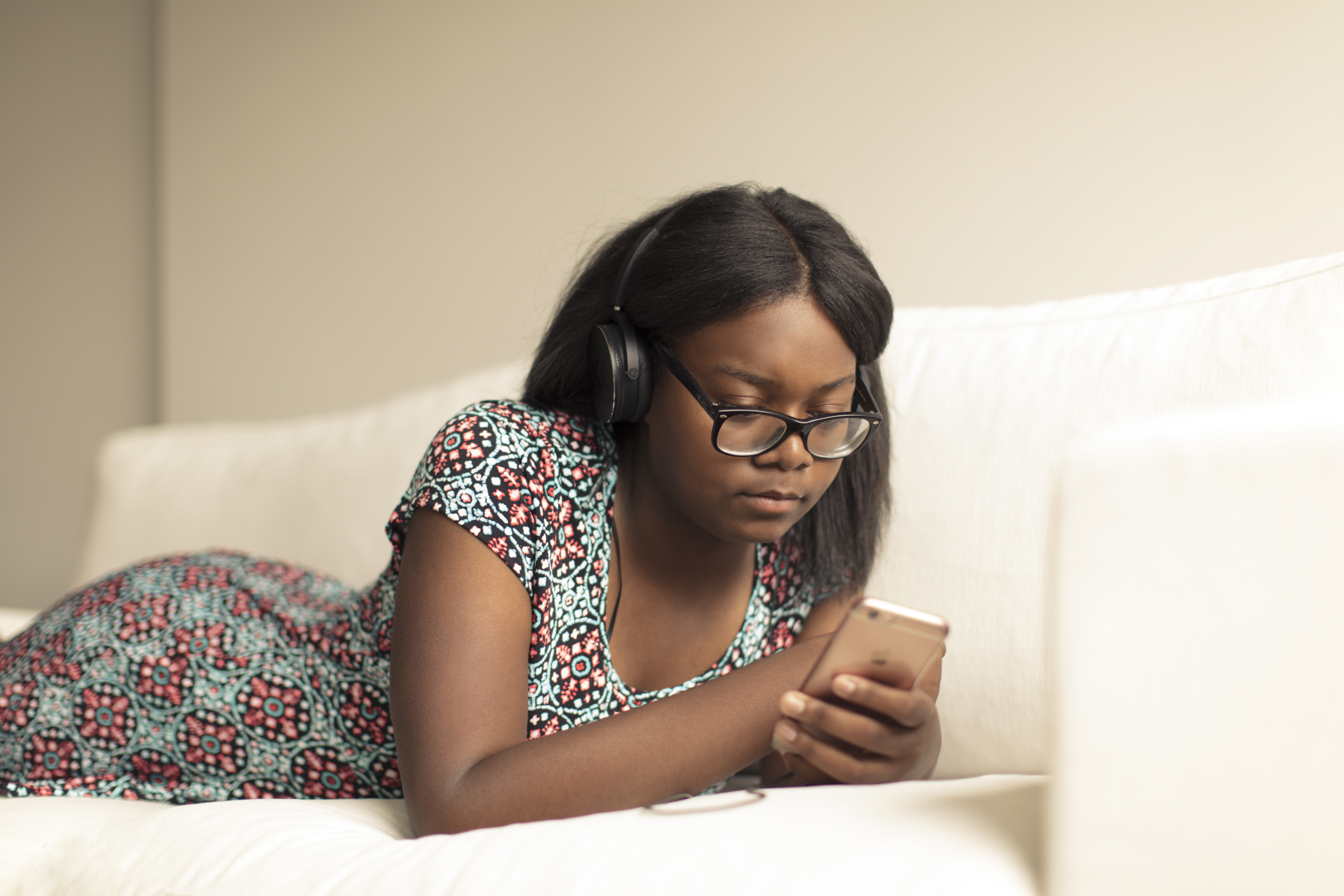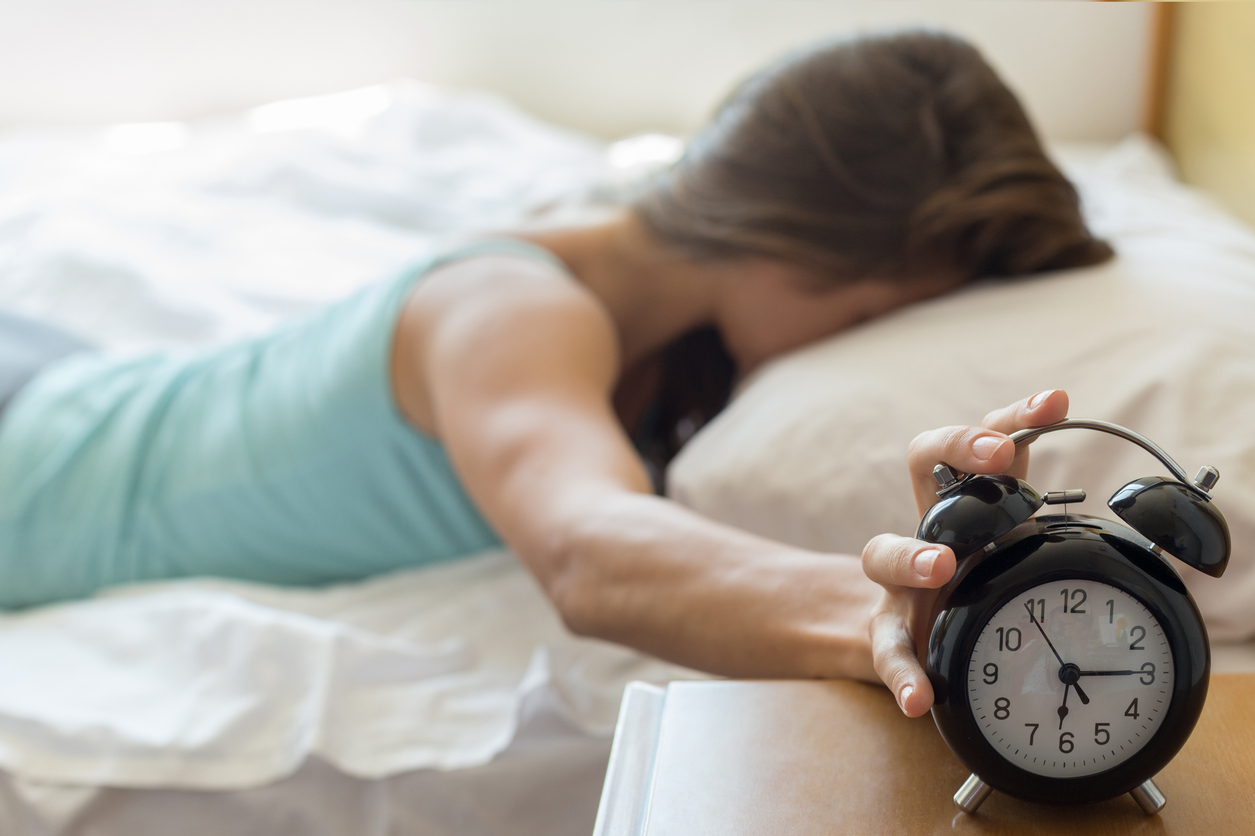Cracking the Code: Rising Above Odds
The line-up for the new podcast series is looking great. We have some amazing guests coming up on various subjects, one of whom is Hannilee Fish, founder of Ikan Health, to talk with us about Rising Above Odds. I can think of no one better to interview about the subject than Hannilee, who readily shares experiences of a difficult youth and how she overcame. The podcast is slated to air in early October.
In the meantime, I have been thinking about times in my life when it felt like the odds were stacked against me. One that springs to mind goes well back to my teenage years, preparing for college, now known as university. A bright student, always in the top percentage of the class, though not the top 1% or anything like that, I could not crack standardised tests. There was something about them that left me numb. From the Psat to the SAT (scholastic aptitude test), I had scores that didn’t match with my grades at all. Not only were they lower than what would have been predicted for a student of my calibre, they weighed in highly for getting into a good school.
It seems that my smarts, personality and talent otherwise took a back seat to my lower than desired test scores. There went the idea of getting a higher education at a major university anyhow. After all, my peers were off to the big leagues. And for a girl who Aced her way through three grades of school and pretty much B’d her way through the rest, interestingly enough after integration, it was a hard pill to swallow. What were the odds that one of my dream schools would take me?
I would never find out, as I didn’t try given the peers who did get in had not only top notch grades but also really high test scores and no one encouraged me after the scores came out. Compared to my friends, I felt dumb, which took a toll on my self-esteem. But there was something inside of me that refused to give up.
So I enrolled in a Junior College, something I didn’t feel good admitting to years ago but when I look back now, I see that enrolling in any college was a game changer. From there, I went to Valdosta State University (VSU), where I received my BA in English/Journalism and later would achieve my MA in International journalism and here I am today, still not proud of my PSAT and SAT scores but how much do they matter in the big scheme of themes today?
Make no mistake about it, this is not suggesting a license to fob off tests but here is what I am saying. When the odds are stacked against you, there might be an opportunity hidden in the upset, the disappointment and so on and here is what worked for me.
- A change of mindset – while I had my mind set on the University of Georgia or something like that, it would never be but as soon as I realised that what really mattered was a good education and how I decided to perceive what was good or not good, I met some wonder professors/lecturers and made lifelong friends and contacts. Proud to be a VSU blazer graduate, as proud as any Bulldog, Georgia Bulldog that is.
- A willingness to abandon tradition, think outside of the box – Getting good grades that I could transfer worked in my favour. Maybe I didn’t go in through the front door, more like the side door, but I came out through the front, waving my mortarboard with my fellow graduates. That degree not only led to my MA but the opportunity to blaze new trails, like working at the Albany Herald, as its first female black reporter.
- A bit of new knowledge – Still shying away from standardised tests, I decided to find out why? Was it me or was it something bigger than me? Turns out it was a bit of both. There are people who are better test takers than others but research on the tests offered at the time showed that they were not designed for me and students like me, though some from a similar background made the grades. The majority of us didn’t, however. Later I would write an article for The Guardian on this very thing and one word that I know all too well now, regatta, turned up on the test. Is it a boat race, a bike race or a special picnic in the park? I am sure these were not the choices but the point is, I didn’t have a clue and why would I. In Southwest Georgia, we didn’t have regattas and still don’t and at the time I hadn’t been exposed to literature and history about the famous boat races, for example, between Oxford and Cambridge.
You live and you learn and that is part of what you have to do to rise above odds, as well as believe in yourself and champion the situation to pave the way for others. See it for what it is—a hurdle that can be jumped over with the right mindset, some out of the box thinking and a bit of knowledge. That’s all!









